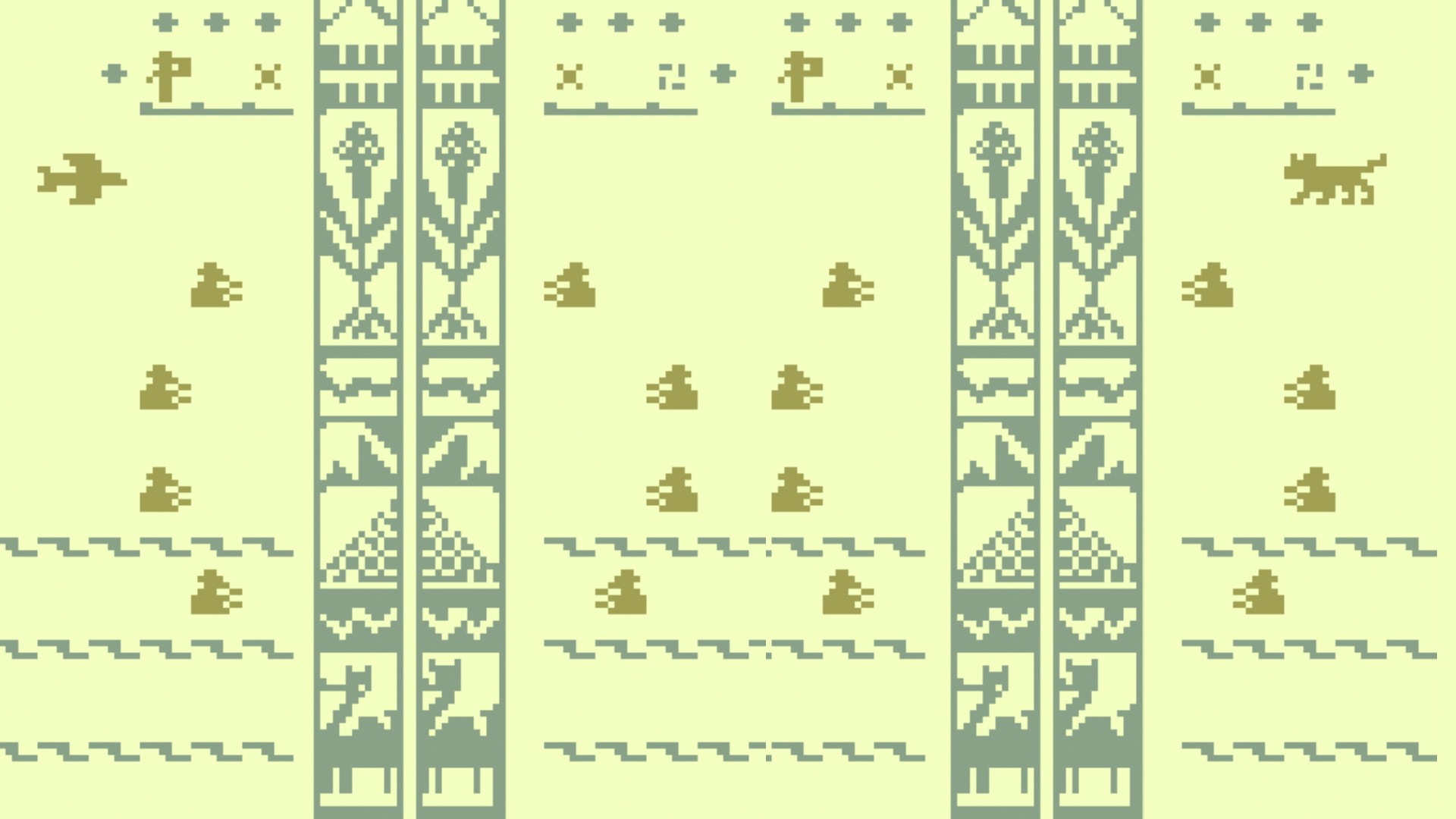Indigenous Games in Latin America: Production, Access, and Resistance
Nico Valdivia Hennig
Hispanic Studies
UC Riverside
This project explores how Indigenous game developers use digital media to promote storytelling sovereignty, cultural resilience, and environmental advocacy. Key case studies include Pwesa’n Piyaka, created by the Regional Indigenous Council of Cauca to support the revitalization of the Nasa Yuwe language, and Tunche, developed by Leap Game Studio to highlight Amazonian mythology and Shipibo cultural traditions. The project employs qualitative research methods, including interviews and participatory observation, while being guided by decolonial frameworks such as Linda Tuhiwai Smith’s (1999) work on non-extractive research practices and Silvia Rivera Cusicanqui’s (2018) concept of cultural hybridity. It also draws on Arturo Escobar’s (2017) emphasis on collaborative, place-based design. Fieldwork will document production processes, analyze how traditional knowledge is embedded in game narratives, and offer workshops to support local game development using open-source tools. This research aims to contribute to academic discourse in game and Indigenous studies while promoting ethical practices and greater inclusion of Indigenous perspectives in the global game industry.

